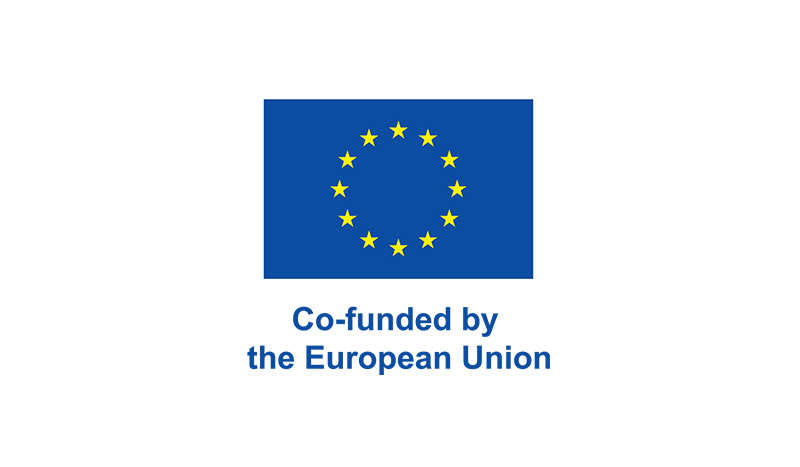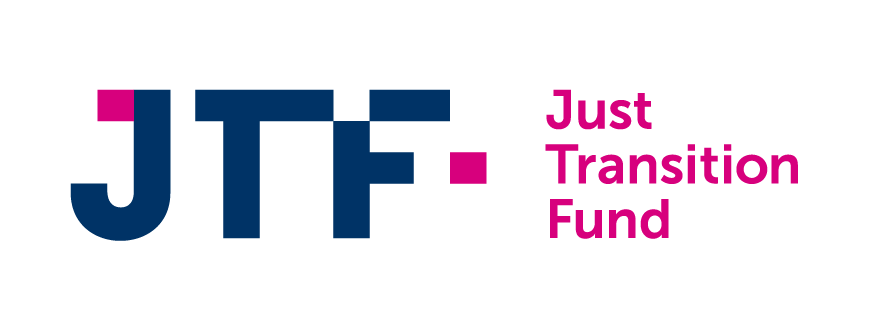- +31 40 751 7630
- info@ioniqa.com
The Just Transition Fund (JTF) contributes to the transition to a Climate Neutral Europe. The main objective of the JTF is to enable regions heavily dependent on income and employment from fossil fuels to enter into an energy transition in a fair equal way. A transition that takes into account social, economic and environmental impacts. The total JTF budget for the Netherlands is around €630 million. The programme runs from 2021 to 2027.
The transition fund supports areas most affected by the transition to climate neutrality and prevents regional differences within the European Union from widening. Making Europe fully climate neutral by 2050 will require transition of emission-intensive industries, which is accompanied by major socio-economic challenges. The transition fund offers vulnerable areas financial support for this.
The (petro)chemical industry faces a major challenge when it comes to the transition to a green chemical sector that has fully embraced the circular use of raw materials. Unfortunately, in many cases this transition to a green sector still seems far away when it comes to even the most common plastic materials such as PET. Much material then still ends up in landfills or in an incinerator to this day.
In this project, SME and applicant Ioniqa aims to take a big step towards the fully circularisation of PET as a material. At its current plant in Geleen, Ioniqa has been working on its innovation process for chemical recycling of PET for several years. Today, they are close to the breakthrough to achieve a continuous process that can still process difficult-to-recycle PET in a commercially viable way.
With their magnetic smart process, they manage to break down PET to the monomer BHET, a molecule that has been shown to be directly applicable in the PET resin production processes of major players such as Indorama. In addition, it has been shown that Ioniqa’s process works on PET waste streams contaminated with other materials or provided with dyes. This makes it the first recycling process that can actually result in PET material equal to virgin quality. This immediately makes it one of the few recyclates that can be used for food packaging, for example.
This project takes two steps to make the necessary leap to full commercialisation:
1. Development aimed at and implementation of new technologies at the Geleen plant. This will ultimately allow to achieve an annual production capacity of 5 ktpa.
2. Further development of the process so that it becomes scalable, and thus applicable, within an industrial environment. This is the last crucial step towards large-scale market acceptance.
The results of the project are thereby;
– An annual PET processing capacity of 5 ktpa at the Geleen plant.
– Demonstrating (validating) the suitability of the process for technically challenging waste streams (post-consumer waste and PET trays)
– Concept ready for scale-up to 50 ktpa.
– Providing 2 apprenticeships internships for talented lateral entrants as operators who can be retained in the longer term.
– The intended activities (if successfully implemented) will directly result in an annual CO2 emission reduction of an additional 5,000 tonnes per year. Possible further roll-out of the concept at 50 ktpa will increase this impact significantly.
The project contributes to the objectives of the JTF scheme for the South Limburg region. A direct and indirect contribution is made to achieving a circular economy and green chemistry sector, and in addition, the project contributes to maintaining and creating employment in the region. Because the activities take place almost entirely in the South Limburg region, the results of this project fully benefit this region.

